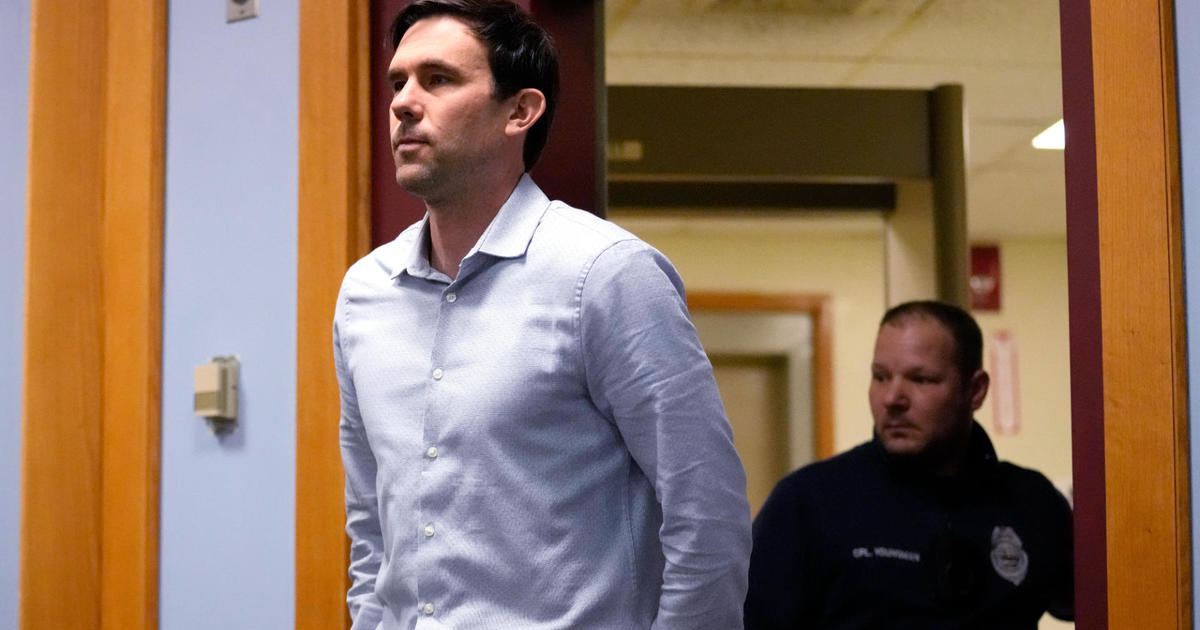Massachusetts Has Most Educated Workforce, Report Says
BOSTON (AP) — Half of all workers in Massachusetts held a bachelor's degree or higher in 2016, marking the first time any U.S. state has reached that educational threshold, according to a report released Wednesday by the independent Massachusetts Budget and Policy Center.
The same analysis points to a growing wage chasm in the state, with the college-educated earning on average 99 percent — or nearly double — the wages of those in the labor force with only a high school education. That difference, often referred to as the "college wage premium," was 56.6 percent across the entire nation in 2016.
MassBudget, a liberal-leaning economic and fiscal research group, cited data compiled by the Economic Policy Institute from the U.S. Census Bureau's Current Population Survey.
In Massachusetts, 50.2 percent of individuals participating in the state's labor force had attained at minimum a four-year degree from a college or university in 2016. The next highest states were New Jersey (45.2 percent), New York (43.7 percent), Maryland (43 percent) and Connecticut (42.7 percent), according to the CPS data. The U.S. average was 35.5 percent in 2016.
The numbers point to a dramatic shift in recent decades. In 1979, only about 20 percent of the Massachusetts labor force had bachelor's degrees, and the college wage premium was 50 percent.
The findings were consistent with previous data showing Massachusetts to be among the most educated states in the nation, with an economy heavily reliant on the presence of a highly skilled workforce. But the authors noted a downside as well, as workers without a college education continue to fall further behind in wages while the expense of attaining those badly needed degrees gets steeper for those with limited financial resources.
"Expanding access to higher education can benefit both individual students and the overall state economy, as workers with a college degree earn more than those without," the report stated. "But the cost of attending college has been increasing steadily, and more students are taking on ever-increasing debt to pay those costs."
Adjusted for inflation, the state's per-student funding for public higher education declined by $3,000 over the past 15 years, while tuition and fees rose $4,000 per student during that same period, according to MassBudget.
"Now more than ever, with the growing costs and massive student debt burden, we need to go back to a system where everybody can afford to go to a public university," said Zac Bears, executive director of the Public Higher Education Network of Massachusetts, a group that advocates for debt-free college education.
(© Copyright 2017 The Associated Press. All Rights Reserved. This material may not be published, broadcast, rewritten or redistributed.)



